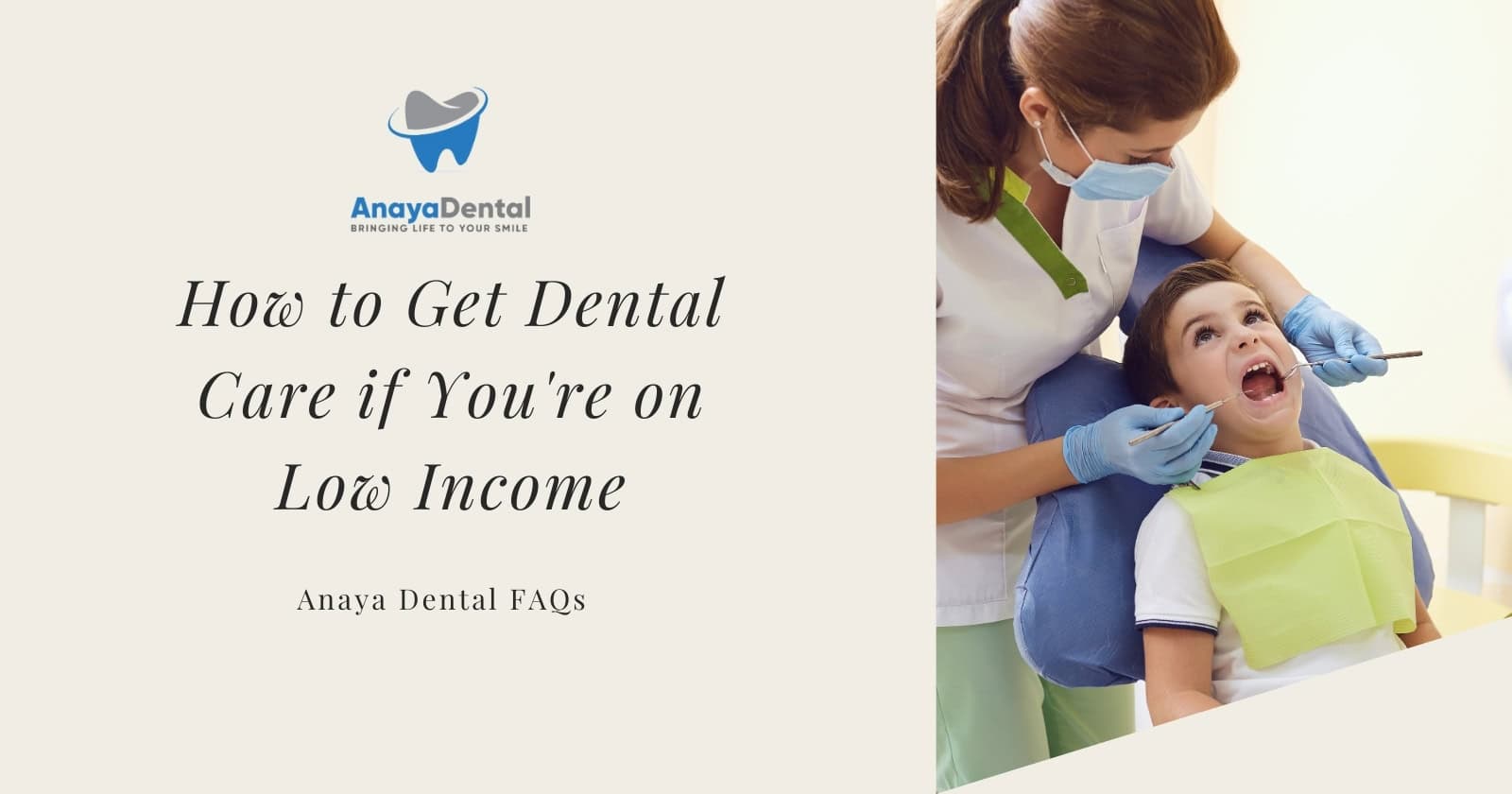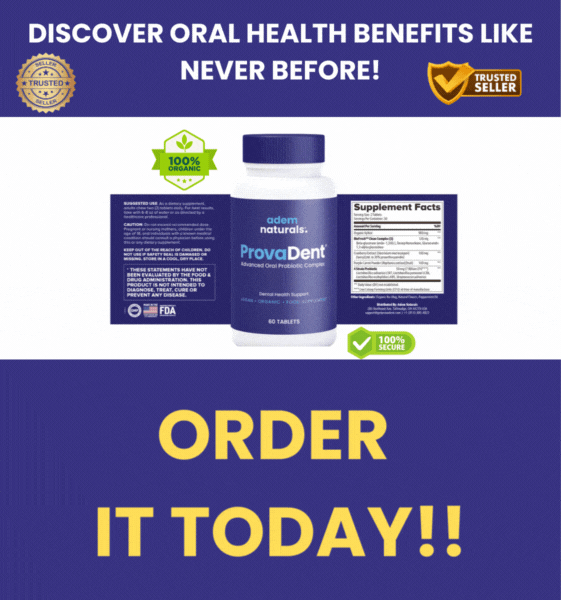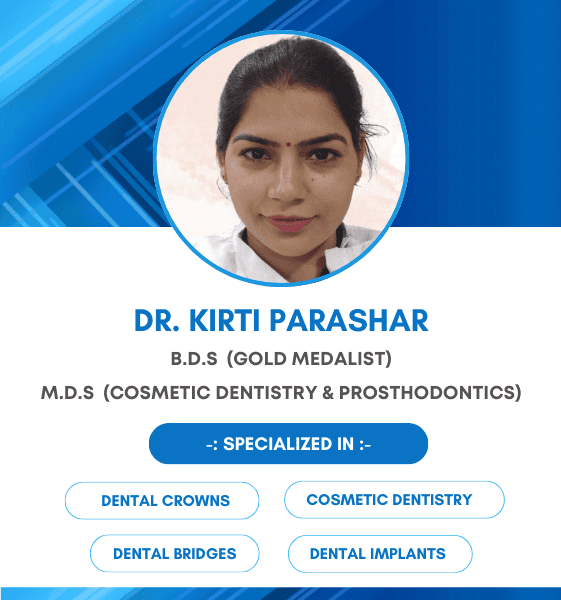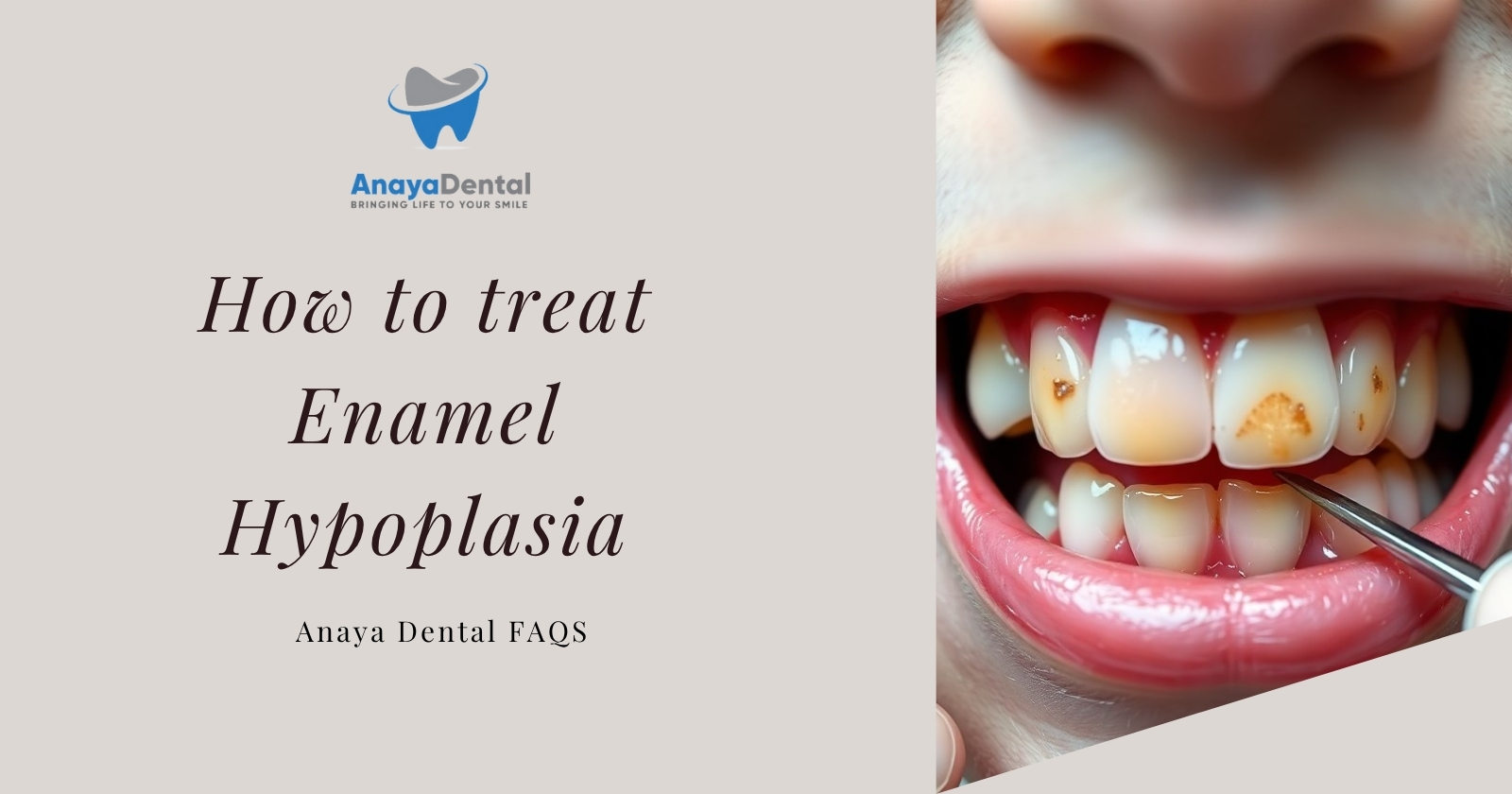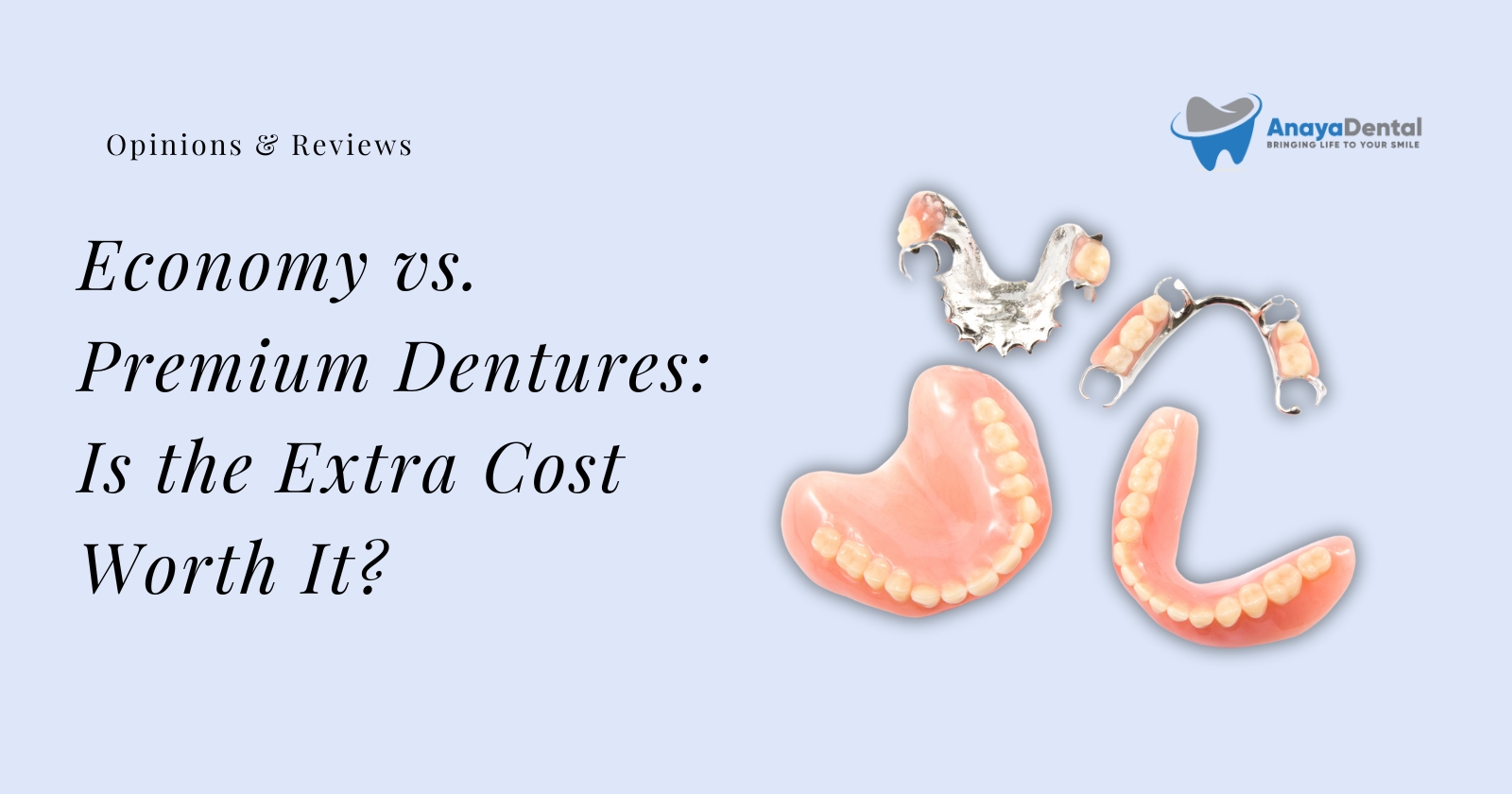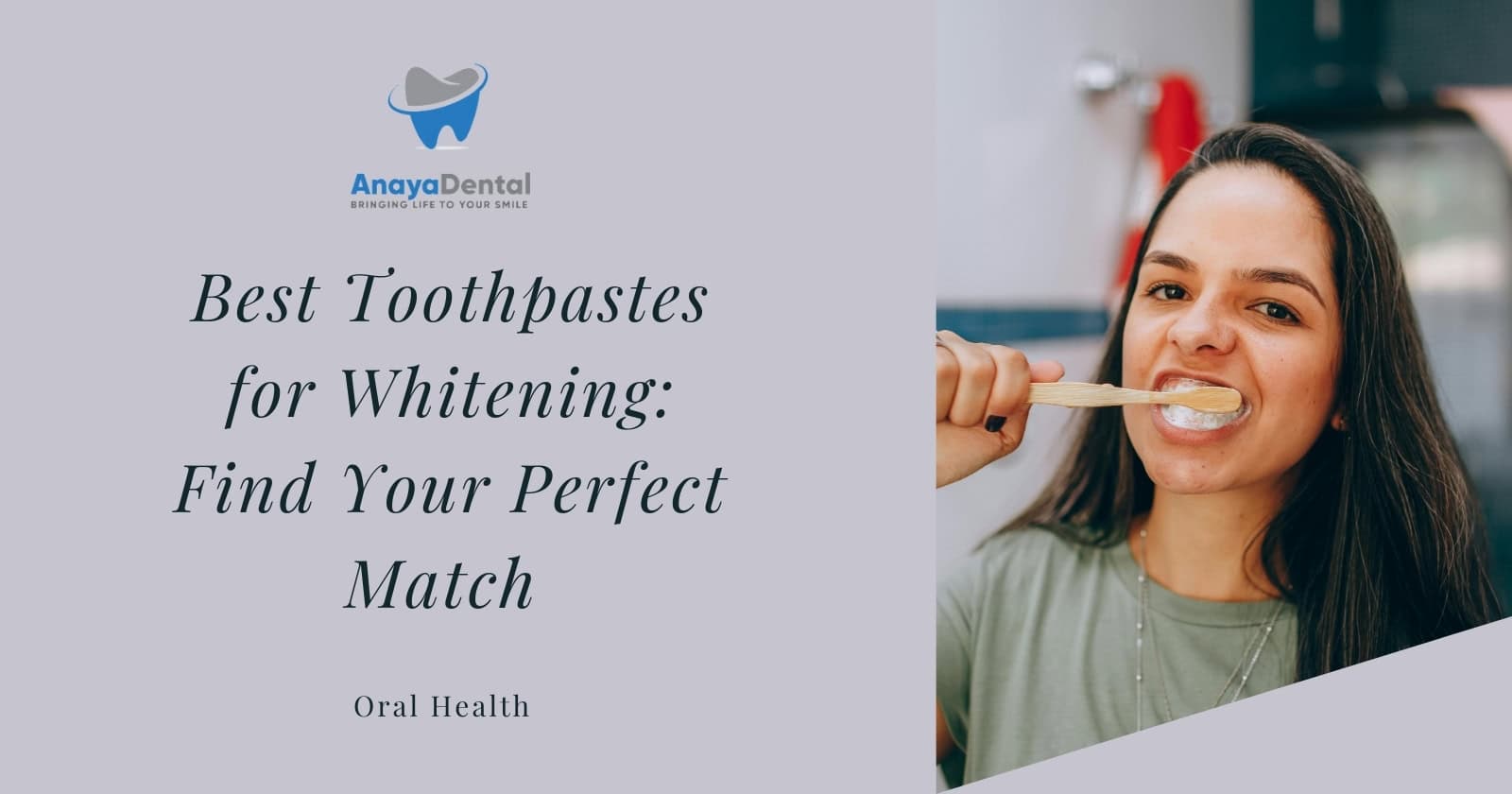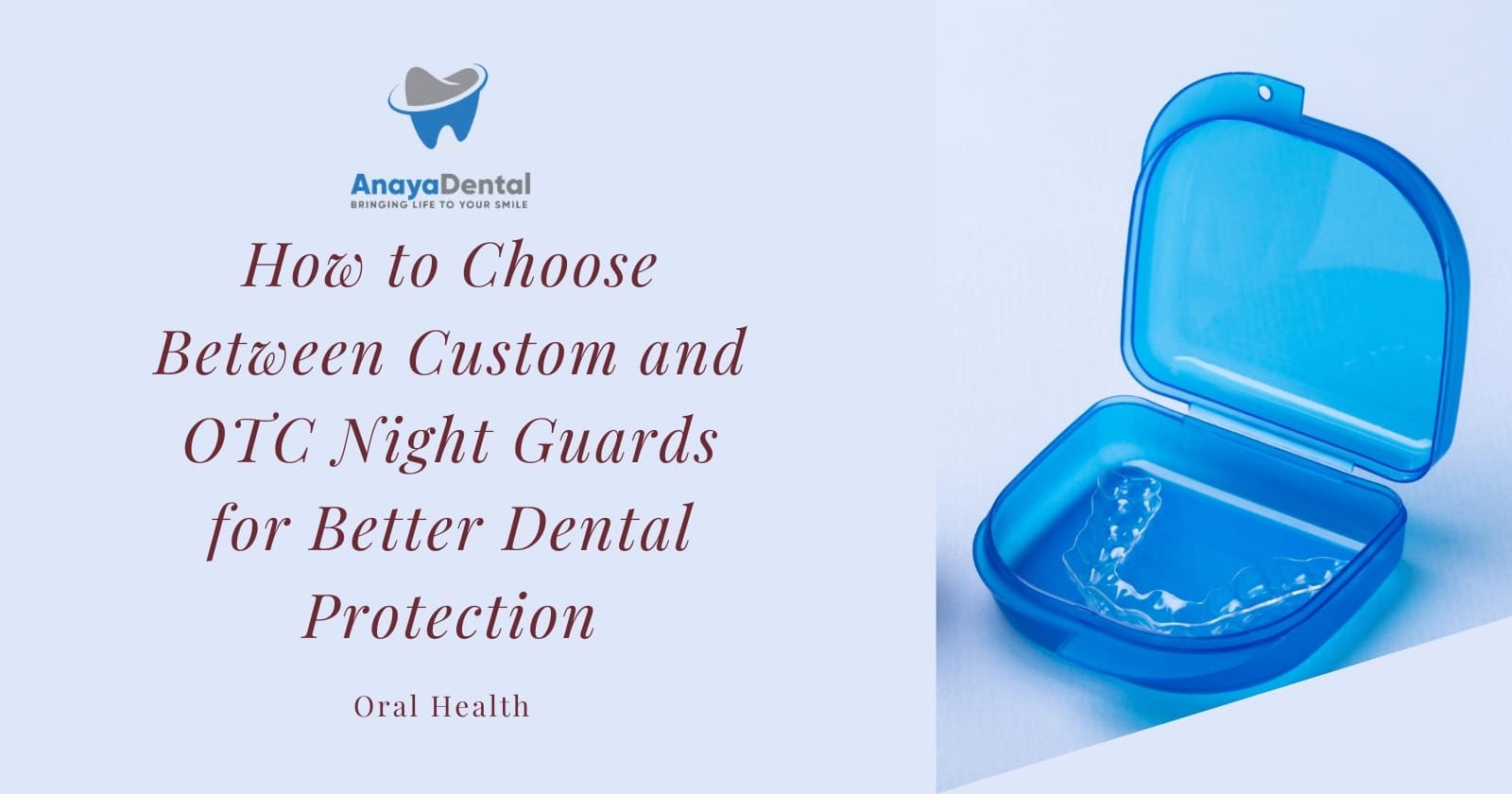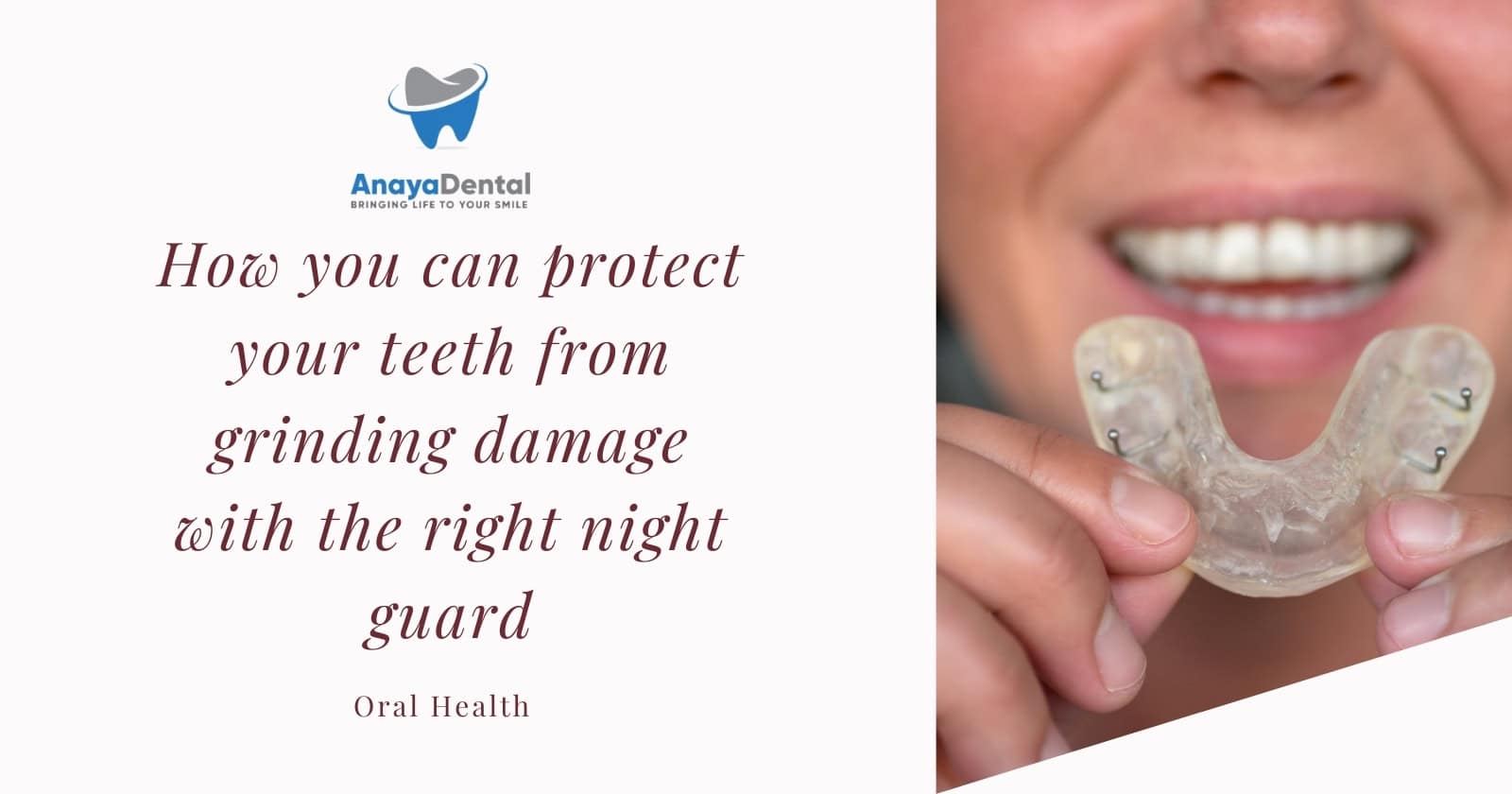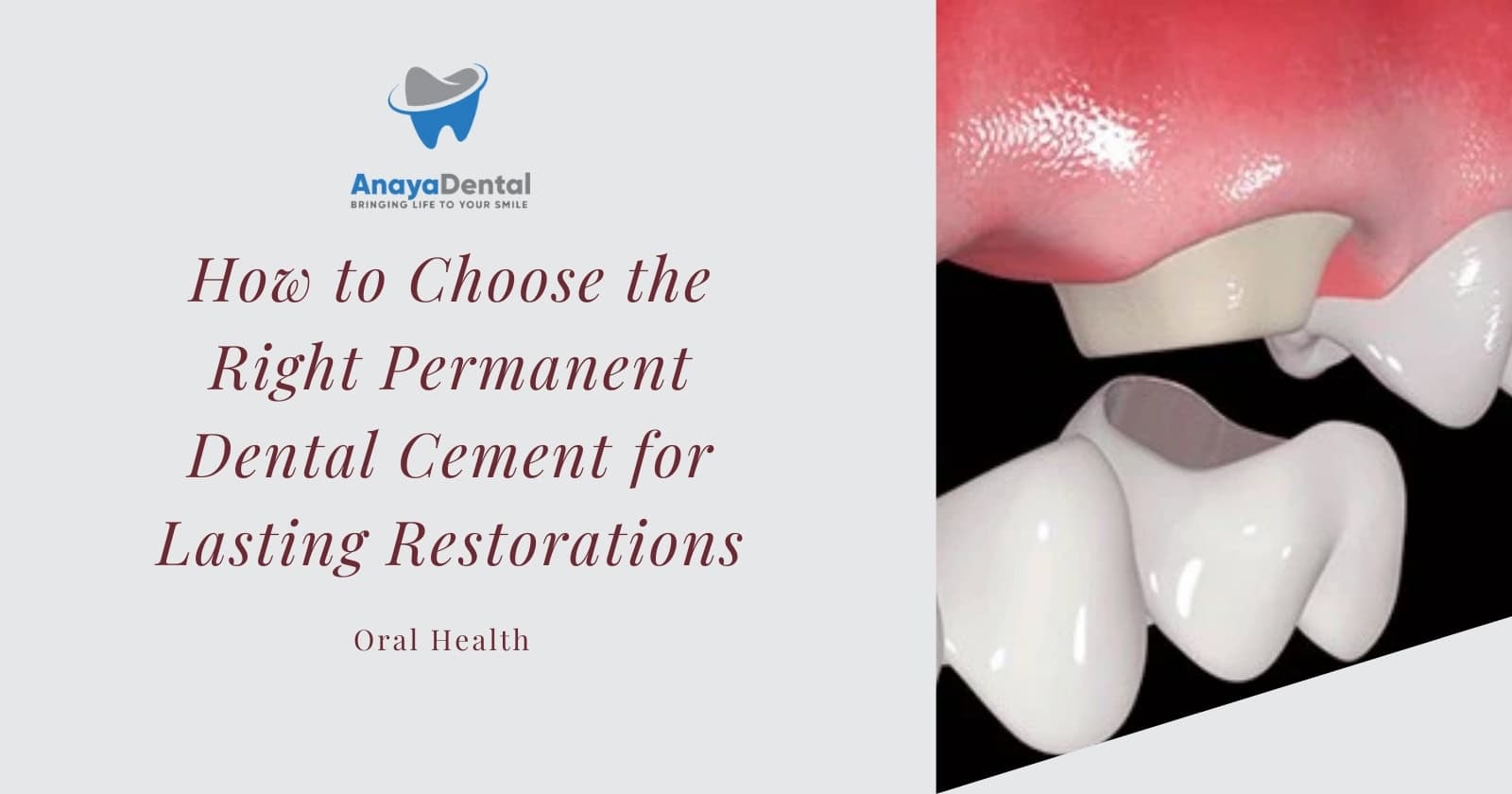Good dental health is crucial for your overall well-being, but quality dental care often comes with a high price tag. When you’re struggling financially, dental care might seem like a luxury you can’t afford. However, neglecting your oral health can lead to more serious and expensive problems down the road. Fortunately, there are numerous resources available to help you access affordable dental care regardless of your income level.
Understanding the Importance of Dental Care
Before exploring affordable options, it’s important to understand why regular dental care is essential. Poor oral health doesn’t just affect your smile—it can impact your entire body. Research has shown links between gum disease and serious health conditions like heart disease, diabetes, and respiratory infections. According to the American Dental Association, preventive care is much more cost-effective than treating advanced dental problems.
When you skip routine check-ups due to financial constraints, small issues can develop into major problems requiring extensive—and expensive—treatments. A simple cavity that could be filled for $100-200 might eventually require a root canal and crown costing over $1,500, or even extraction and replacement with an implant that could cost thousands.
Try Our Dental Calculators
Government Programs for Dental Coverage
Medicaid Dental Coverage
Medicaid provides dental benefits to eligible low-income adults and children, though coverage varies significantly by state. All states are required to provide dental benefits to children covered by Medicaid, but adult coverage is optional and differs widely.
If you qualify for Medicaid, here’s what you should know:
- For children under 21, Medicaid’s Early and Periodic Screening, Diagnostic and Treatment (EPSDT) benefit includes comprehensive dental care
- Some states offer emergency-only dental services for adults
- Other states provide comprehensive coverage including preventive care, restorative treatments, and even dentures
- Coverage eligibility depends on your income relative to the Federal Poverty Level (FPL)
To determine what dental services your state’s Medicaid program covers, contact your state Medicaid office or visit the Medicaid website.
Medicare and Dental Coverage
If you’re over 65 or have certain disabilities, you might qualify for Medicare. Standard Medicare (Part A and Part B) typically doesn’t cover routine dental care, but there are exceptions:
- Medicare Part A might cover certain dental services when they’re part of an inpatient hospital stay
- Medicare Advantage plans (Part C) often include some dental benefits
- Supplemental dental insurance can be purchased alongside traditional Medicare
Children’s Health Insurance Program (CHIP)
The Children’s Health Insurance Program provides health coverage, including dental benefits, to eligible children in families with incomes too high to qualify for Medicaid but too low to afford private insurance. CHIP dental coverage includes:
- Regular check-ups
- Cleanings
- X-rays
- Fillings
- Fluoride treatments
- Sealants
- Other necessary treatments
CHIP eligibility requirements and covered services vary by state, so check with your state’s program for specific information.
Community Health Centers and Clinics
Federally Qualified Health Centers (FQHCs)
Federally Qualified Health Centers are community-based healthcare providers that receive federal funds to offer services to underserved communities. Many FQHCs provide dental care on a sliding fee scale based on your ability to pay. To find an FQHC near you, use the Health Resources and Services Administration’s (HRSA) Health Center Finder tool on their website.
Free and Charitable Dental Clinics
Across the country, charitable dental clinics provide free or steeply discounted care to eligible patients. These clinics are often staffed by volunteer dental professionals and may offer a range of services from basic cleanings to more complex procedures.
Services at these clinics typically include:
- Dental exams and cleanings
- X-rays
- Fillings
- Extractions
- Some clinics may offer more advanced treatments like root canals or dentures
To find a free or charitable dental clinic in your area, resources like the National Association of Free and Charitable Clinics or Dental Lifeline Network can help.
Dental Schools and Dental Hygiene Schools
Dental schools offer reduced-cost services performed by dental students under the supervision of experienced faculty. Similarly, dental hygiene schools provide low-cost cleanings and preventive care performed by students in training.
The advantages of seeking care at these institutions include:
- Significantly reduced fees (often 50-70% less than private practice)
- High-quality care supervised by licensed dentists
- Comprehensive treatment options
- Teaching facilities often use the latest techniques and technologies
The main drawback is that appointments may take longer than at a traditional dental office, and multiple visits might be required. To find a dental school clinic, check the American Dental Association’s list of accredited dental education programs.
Nonprofit Organizations and Dental Assistance Programs
Dental Lifeline Network
The Dental Lifeline Network runs the Donated Dental Services (DDS) program, which provides free dental care to elderly, disabled, or medically fragile individuals who cannot afford necessary treatment. The program works with a network of volunteer dentists and dental labs who donate their services.
To qualify, you typically must:
- Have a permanent disability, be elderly, or be medically fragile
- Lack adequate income to pay for dental care
- Have no access to other dental benefits
Due to high demand, the program often has a waiting list, but it can be an excellent resource for those who qualify.
Give Kids A Smile Program
The American Dental Association’s Give Kids A Smile program provides free dental services to underserved children. The program includes examinations, preventive care, and treatments for acute dental problems.
Events are typically held throughout the year, with the main annual event occurring in February. To find a Give Kids A Smile event near you, contact your state dental association or visit the ADA’s website.
Mission of Mercy Dental Clinics
Mission of Mercy dental clinics are large-scale, temporary dental clinics that provide free services to underserved populations. These events are typically organized by state dental associations and staffed by volunteer dental professionals.
Services offered often include:
- Cleanings
- Fillings
- Extractions
- Limited root canals
- Some prosthetic services
These events serve patients on a first-come, first-served basis and often attract large crowds, so plan to arrive early if you wish to receive treatment.
Affordable Private Options
Dental Discount Plans
Dental discount plans are not insurance but membership programs that offer reduced fees for dental services. For an annual membership fee (typically $100-200), you receive access to a network of dentists who have agreed to provide discounted services to plan members.
Key benefits of dental discount plans include:
- No waiting periods or annual maximums
- Savings of 10-60% on most dental procedures
- No paperwork to file
- No restrictions on pre-existing conditions
- Can be used immediately upon activation
You can find dental discount plans through organizations like DentalPlans.com or through some insurance providers.
In-House Membership Plans
Many dentists now offer their own in-house membership plans as an alternative to traditional dental insurance. These plans typically involve paying a set annual fee directly to the dental practice in exchange for certain covered services and discounts on others.
A typical in-house plan might include:
- Two annual cleanings and exams
- Yearly X-rays
- One emergency visit
- 15-20% discount on all other treatments
These plans eliminate the middleman of insurance companies, allowing dentists to provide care at lower costs while maintaining quality.
Payment Plans and Financing Options
Many dental offices offer payment plans or partner with third-party financing companies to help patients manage the cost of necessary care. Common options include:
- CareCredit: A healthcare credit card with deferred interest options for dental procedures
- In-office payment plans: Some dentists will allow you to pay for treatment in installments
- Dental banks: Specialized lenders that focus on financing dental treatment
When considering financing options, be sure to understand the terms, interest rates, and repayment requirements before committing.
Strategies for Maximizing Affordable Care
Prioritizing Preventive Care
The most cost-effective approach to dental health is focusing on preventive care. Regular brushing, flossing, and dental check-ups can help you avoid more expensive treatments later.
Even on a tight budget, try to maintain:
- Professional cleanings at least once a year
- Regular home care with fluoride toothpaste
- A diet that limits sugary foods and drinks
Many of the resources mentioned above prioritize preventive services because they’re so cost-effective.
Understanding Emergency Dental Care Options
If you’re experiencing severe dental pain or have a dental emergency and cannot access regular dental care, hospital emergency departments can provide pain relief and antibiotics for infections. While they typically cannot provide definitive dental treatment, they can help manage acute symptoms until you can see a dentist.
Some communities also have dedicated emergency dental clinics that offer same-day care for acute problems at reduced rates.
Dental Tourism Considerations
Dental tourism—traveling to another country for dental care—has become increasingly popular as a way to access affordable treatment. Countries like Mexico, Costa Rica, and Thailand offer dental services at a fraction of U.S. prices.
While dental tourism can provide significant savings, particularly for extensive work like implants or full-mouth reconstruction, it comes with important considerations:
- Quality and safety standards vary widely
- Follow-up care may be challenging if complications arise
- Travel expenses must be factored into the overall cost
- Insurance typically doesn’t cover treatment received outside the U.S.
If considering dental tourism, thoroughly research providers, seek recommendations, and understand the risks involved.
Special Programs for Specific Populations
Veterans Dental Benefits
If you’re a veteran, you may qualify for dental benefits through the Department of Veterans Affairs (VA). Eligibility for VA dental care is categorized by classes, with different levels of coverage depending on your service-connected conditions and other factors.
Veterans who may qualify for comprehensive dental care include:
- Those with service-connected dental disabilities
- Former prisoners of war
- Veterans with 100% service-connected disabilities
- Those receiving VA vocational rehabilitation
Even if you don’t qualify for regular VA dental care, the VA Dental Insurance Program (VADIP) offers discounted dental insurance for veterans and eligible family members.
Services for Seniors on Low Income
Seniors face unique dental challenges but have several targeted resources available:
- PACE (Program of All-inclusive Care for the Elderly) includes dental services for eligible seniors
- Area Agencies on Aging can connect seniors with local dental resources
- Senior Centers sometimes host dental clinics or can provide referrals to affordable care
Additionally, organizations like the National Council on Aging can help seniors navigate available benefits and find dental assistance programs.
Resources for People with Disabilities
People with disabilities often face additional barriers to dental care but may qualify for specialized programs:
- Special Care Dentistry Association maintains a directory of dentists trained to treat patients with special needs
- State Developmental Disabilities Councils may offer programs or funding for dental care
- Vocational rehabilitation programs sometimes include dental benefits to support employment goals
Navigating the Application Process
Documentation You’ll Need
When applying for dental assistance programs, you’ll typically need to provide documentation of your financial situation. Prepare these common requirements:
- Proof of income (pay stubs, tax returns, Social Security statements)
- Proof of residence
- Identification
- Insurance information (or proof of no insurance)
- Medical history
- Documentation of disability status (if applicable)
Having these documents organized in advance can streamline the application process.
Tips for Successfully Securing Assistance
Navigating assistance programs can be challenging, but these strategies can help:
- Start early: Many programs have waiting lists or limited enrollment periods
- Be persistent: If one program doesn’t work out, try another
- Ask for help: Social workers, case managers, or community health workers can guide you through the process
- Appeal denials: If you’re denied benefits you believe you qualify for, request reconsideration
- Stay organized: Keep records of all applications, communications, and appointments
Maintaining Dental Health on a Budget
Effective Home Care Practices
Good home care is your first line of defense against expensive dental problems. Implement these cost-effective practices:
- Brush twice daily with fluoride toothpaste
- Floss daily to remove plaque between teeth
- Use a mouthwash containing fluoride
- Replace your toothbrush every 3-4 months
Many dollar stores and discount retailers offer ADA-approved dental products at affordable prices.
Dietary Choices for Dental Health
Your diet significantly impacts your dental health. Foods that promote strong teeth include:
- Calcium-rich foods like milk, yogurt, and cheese
- Crunchy fruits and vegetables that stimulate saliva production
- Foods high in phosphorus like eggs, fish, and lean meat
- Water, especially fluoridated tap water
Meanwhile, limit consumption of:
- Sugary drinks and snacks
- Acidic foods and beverages
- Sticky candies and dried fruits
- Starchy, processed foods that stick to teeth
Conclusion: Taking Action for Your Dental Health
Accessing dental care on a low income requires research, persistence, and creativity, but it’s both possible and essential for your overall health. Start by exploring the government programs you might qualify for, then investigate community resources like health centers and dental schools.
Remember that preventive care is always less expensive than treating advanced problems, so prioritize regular check-ups and cleanings through whatever affordable options you can access.
Your dental health is worth the effort—not just for a confident smile, but for your overall well-being. Don’t let financial constraints prevent you from seeking the care you need. With the resources outlined in this guide, you can find affordable dental solutions that work within your budget.
Take the first step today by contacting your state’s Medicaid office, locating a community health center near you, or calling a local dental school. Your teeth—and your whole body—will thank you.
